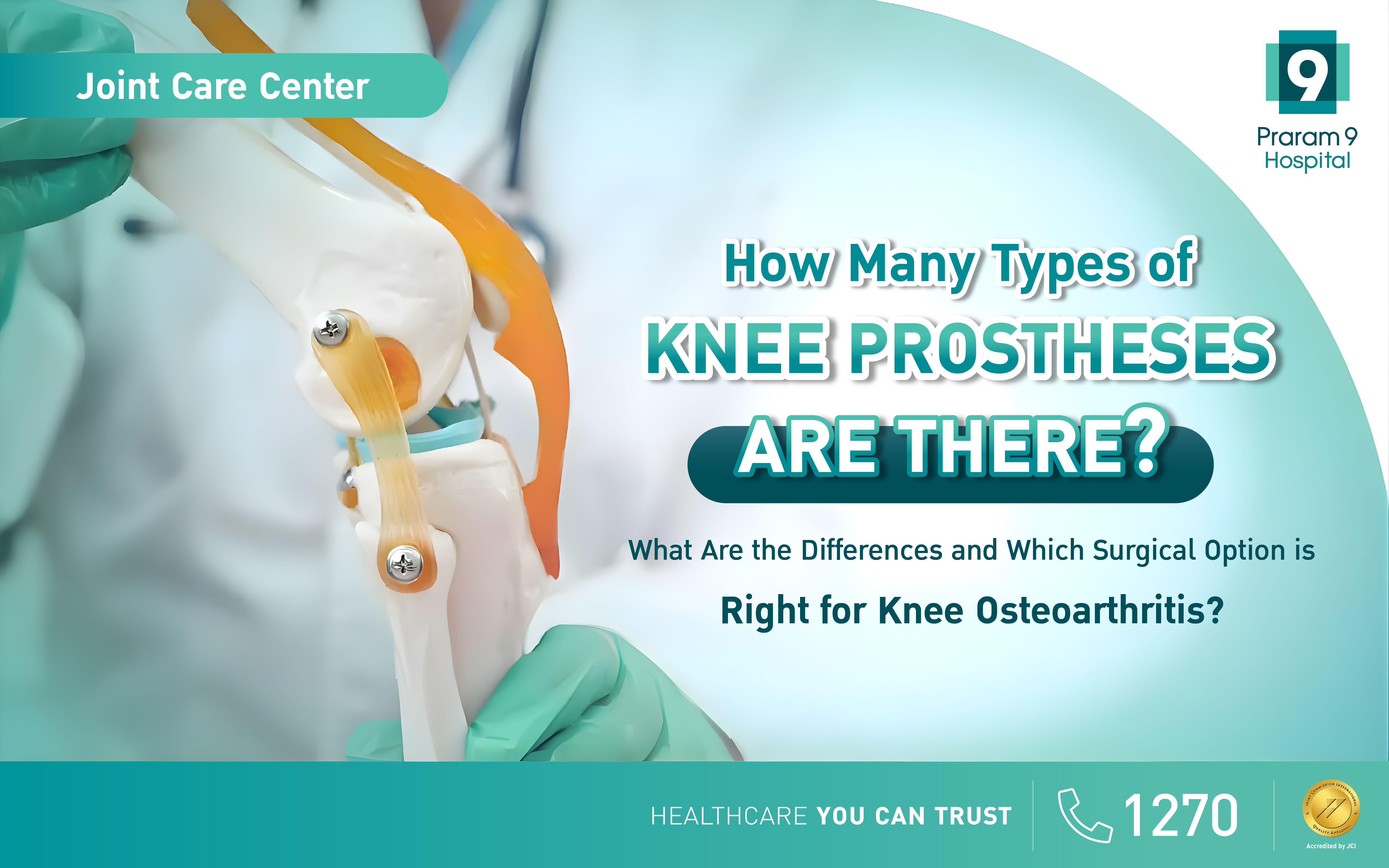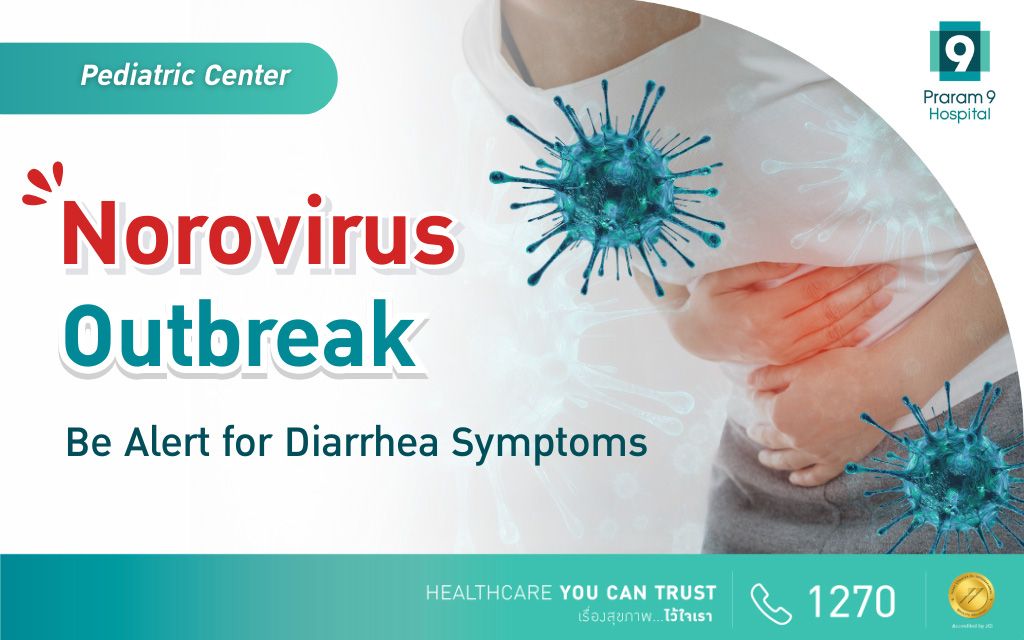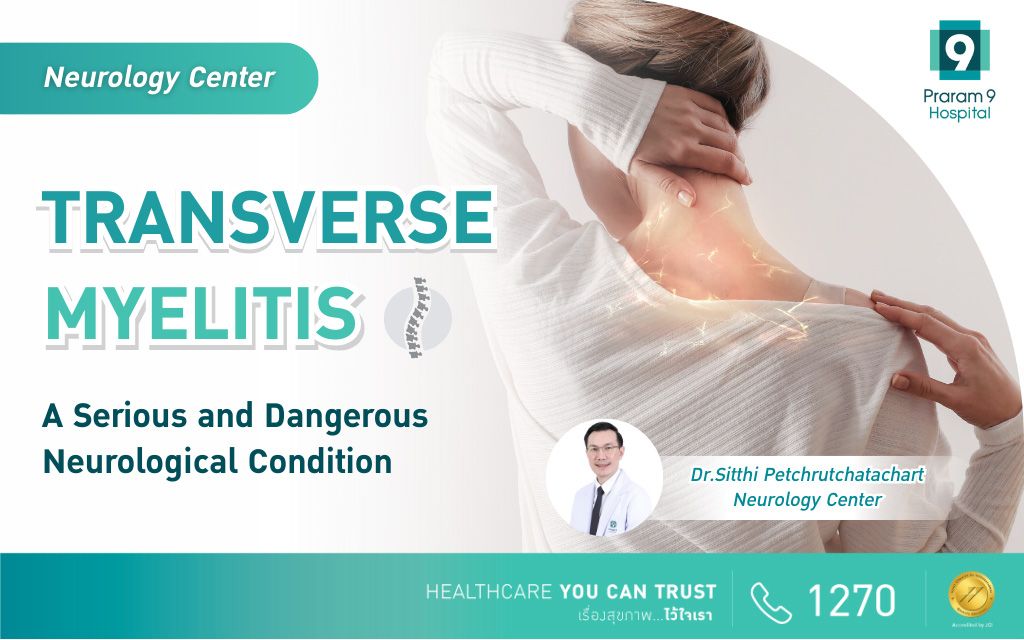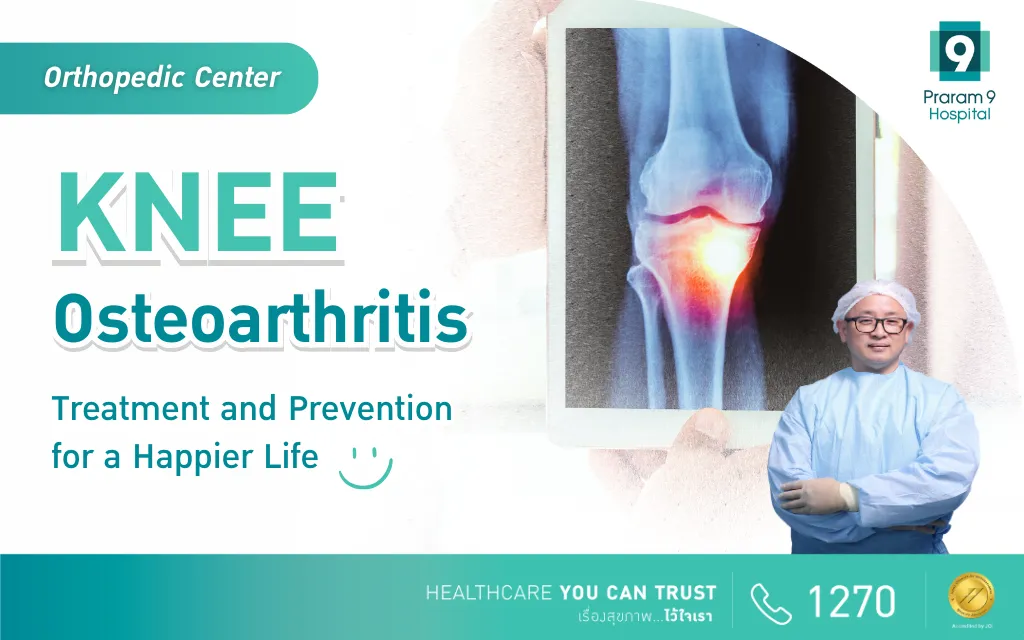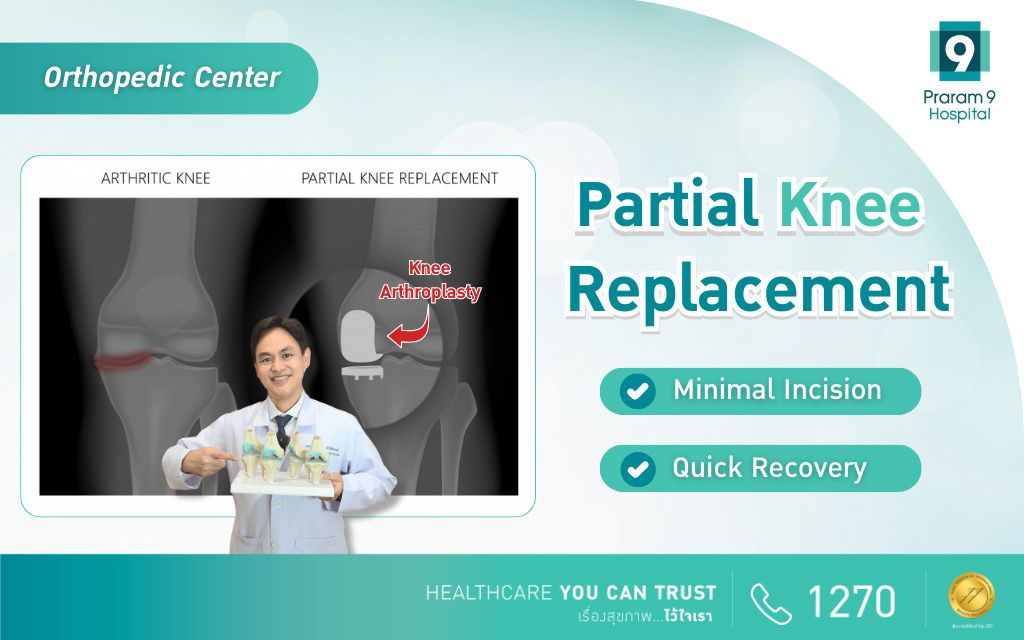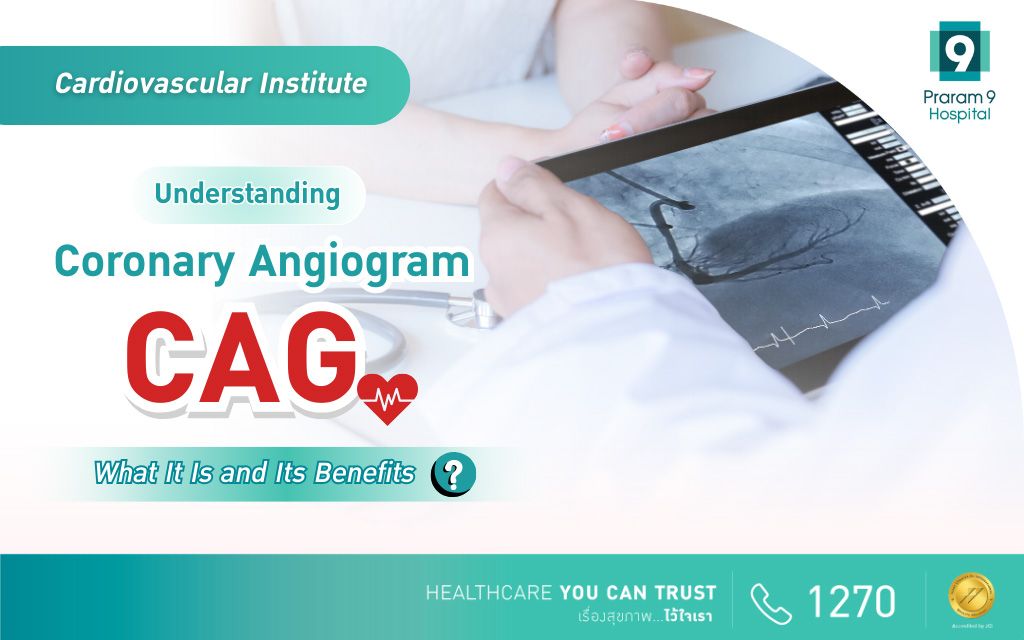Health Articles
Knowledge
Alzheimer’s Disease: How to Cope with the Challenges for Patients and Caregivers
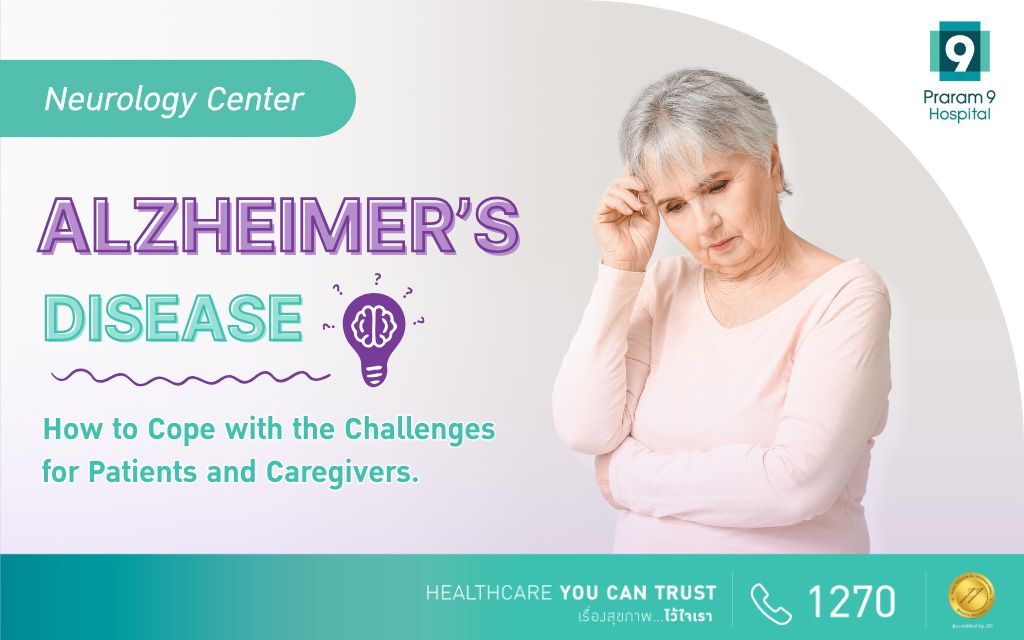
What is Alzheimer’s Disease?
Alzheimer’s Disease, often referred to as dementia or memory loss, is a progressive neurological disorder caused by structural abnormalities in brain cells. Over time, this leads to cell shrinkage, loss of function, and ultimately results in cognitive decline. Alzheimer’s commonly affects elderly individuals, particularly those aged 60 and above.
Early Symptoms of Alzheimer’s Disease
Patients with Alzheimer’s usually exhibit three primary types of symptoms:
- Memory Loss and Skill Impairment
Memory loss is one of the first noticeable signs of Alzheimer’s. Patients may forget names, dates, places, or tasks they’ve already completed. They often repeat sentences and experience a decline in their ability to perform everyday activities, such as driving or following directions.
- Behavioral and Emotional Changes
Patients with Alzheimer’s may become easily irritable or aggressive. Unusual behaviors, such as a lack of self-restraint or engaging in inappropriate actions, are common. Sleep disturbances and episodes of confusion are also frequent occur.
- Inability to Perform Daily Tasks
As Alzheimer’s progresses, patients may forget basic tasks like bathing, dressing, or cleaning. In the later stages, they may require full-time care, as they are no longer able to take care of themselves.
Alzheimer’s Disease: Advanced Stages
In the advanced stages of Alzheimer’s, patients experience severe memory loss and an inability to perform simple tasks, such as washing dishes or doing laundry. Behavioral issues, including irrational anger and paranoia, often worsen. As brain cell degeneration advances, patients may lose mobility, further increasing their dependency on caregivers.
Can Alzheimer’s Disease be Cured?
Unfortunately, Alzheimer’s is incurable, and its symptoms worsen over time with varying in severity among patients. Since there is no cure, treatment focuses on managing symptoms and improving the patient’s quality of life. The primary goal is to help the patient maintain some level of independence and slow the disease’s progression as much as possible.
How to Care for Alzheimer’s Patients
Caring for someone with Alzheimer’s can be emotionally and physically demanding. Caregivers must understand that unusual behaviors are symptoms of the disease and not intentional. Since patients lack awareness of their behavior, caregivers need patience, understanding, and strategies for coping with Alzheimer’s.
Care Tips for Alzheimer’s Caregivers
- Stay informed about the disease and its progression.
- Create a safe and comfortable environment for the patient.
- Establish routines to minimize confusion and anxiety.
- Seek support from other caregivers or support groups.
- Take care of your own physical and mental health.
Improving Quality of Life for Alzheimer’s Patients
While there’s no cure for Alzheimer’s, proper care can significantly improve the patient’s quality of life. Medications, cognitive therapies, and lifestyle adjustments can help manage symptoms, and caregivers play a vital role in ensuring the patient’s comfort and dignity.
Conclusion
Alzheimer’s Disease presents significant challenges for both patients and caregivers. Understanding the disease, recognizing its symptoms, and adopting effective care strategies can help ease the burden. Although there is no cure, managing symptoms and providing compassionate care can ensure the best possible quality of life for patients.
You can consult a doctor from anywhere through video calls.
